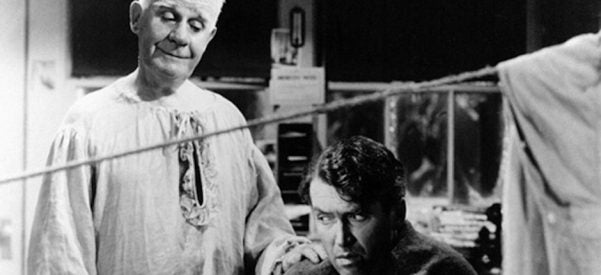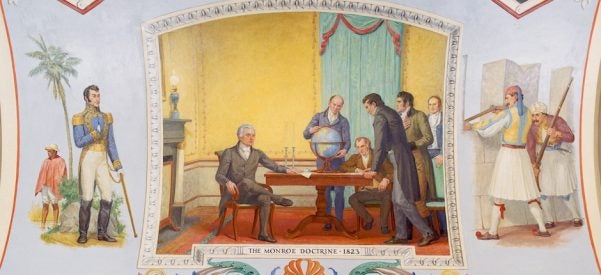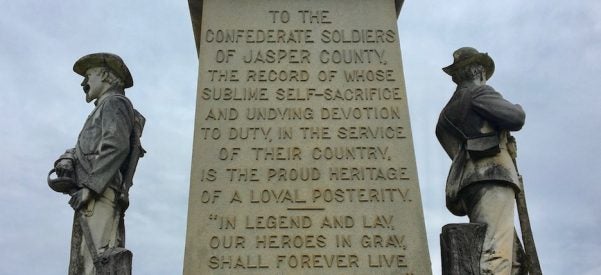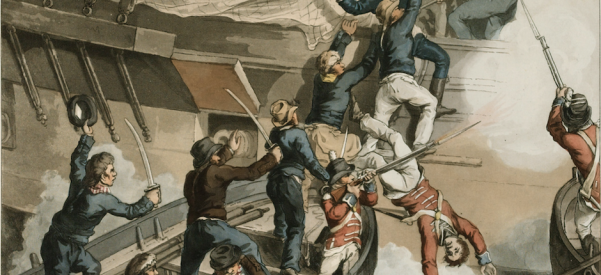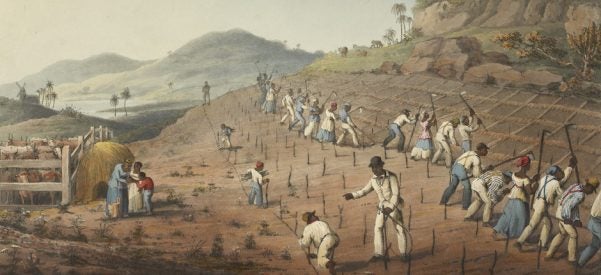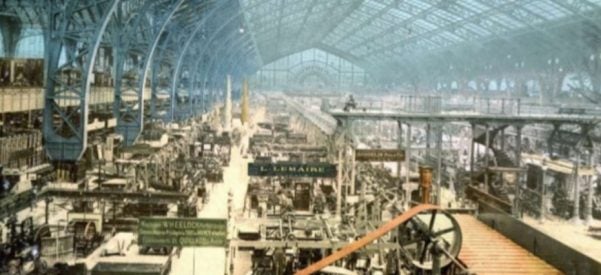Why George Bailey Is the American Jesus
Reflecting a Postwar Religious Revival, the Long-Suffering Hero Played by Jimmy Stewart Lives a Life of Self-Sacrifice and Resists Temptation
In the 15 years after World War II, a religious revival swept through America. Records were set for church attendance and new church construction, a succession of religious books made the best-seller list, and religious leaders like Billy Graham became prominent figures in public life. Looking back, the 1940s and 1950s resemble other great revivals or “awakenings” that have punctuated American history.
In part, this particular awakening was a response to the war and its aftermath. America’s Protestants, Catholics, …


